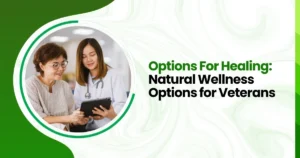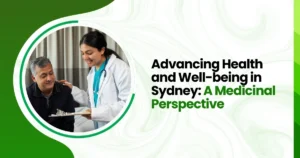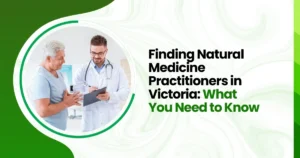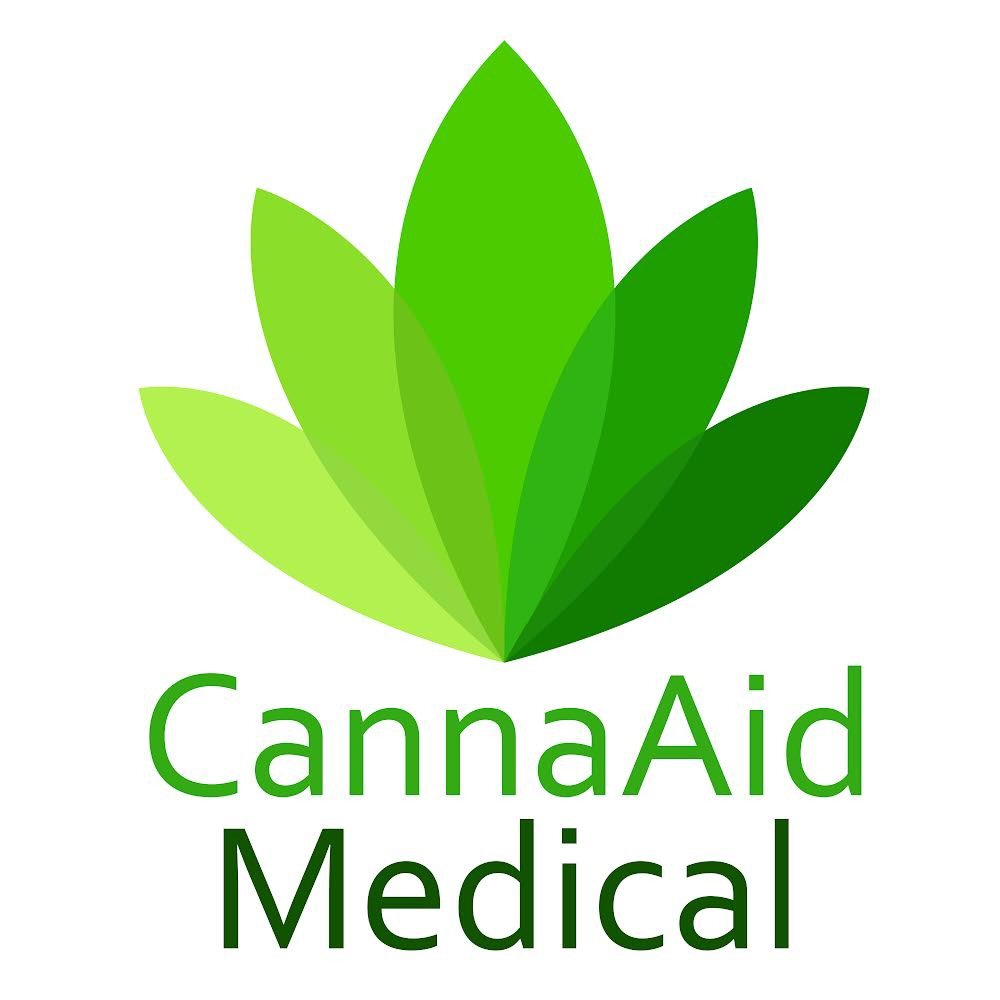Unlocking Access: How To Get an Alternative Medicine Prescription in Queensland
Alternative medicine is known to provide relief and improve the quality of life for individuals suffering from a variety of chronic health conditions. Queensland has recently taken progressive steps towards legalising and regulating alternative therapies, including plant-based treatments. However, navigating the process to obtain a prescription for alternative medicine can feel overwhelming, especially if you’re new to the legal and medical system.
Our goal in this blog is to demystify the process of obtaining a prescription for alternative medicine in Queensland and offer a clear, step-by-step guide. Whether you’re a patient exploring natural treatment options or a caregiver supporting a loved one, this guide will help you access safe and legal alternative therapies.
Understanding Alternative Medicine Prescriptions

Natural medicine may include plant-derived therapies that are available in Australia through prescription under the Therapeutic Goods Administration (TGA) frameworks. These treatments are not available over-the-counter and must be prescribed by a qualified healthcare provider under the Special Access Scheme (SAS) or the Authorised Prescriber Scheme.
In Queensland, General Practitioners can prescribe Schedule 4 (low-dose cannabidiol) and Schedule 8 (higher risk plant compounds, if approved), but additional documentation may be needed for treatments that aren’t formally registered with the TGA.
What is an Alternative Medicine Access Card?
While there is no government-issued “alternative medicine card,” many natural health clinics provide a personalised document that confirms a patient has been prescribed a plant-based treatment. This card:
Helps you verify your prescription with pharmacies
Provides essential contact and prescription details
Confirms that your use is medically supervised
Such cards are especially useful when collecting or discussing your treatment with healthcare professionals or pharmacies.
What’s Included on an Access Card?
A typical access card issued by a licensed natural medicine clinic might include:
Patient’s Full Name
Date of Birth
Approval Date
Clinic Contact Information
Authorisation or TGA Reference Number
Though not mandatory, this card supports transparency and safe use.
Who Can Qualify for Alternative Medicin in Queensland?

Medical Eligibility
There is no strict list of conditions that qualify. However, your healthcare provider must provide clinical justification and show that traditional treatments have been ineffective or unsuitable for your case.
Age Restrictions
Applicants should typically be over 18. In paediatric cases, extra authorisation may be required.
Residency
You must be a resident of Queensland and provide proof such as a driver’s licence, utility bill, or similar document.
How to Get a Natural Treatment Prescription in Queensland

Step 1 – Consult an Authorised Practitioner
Start by speaking with a healthcare provider who is qualified to prescribe plant-based therapies. This could be your GP or a practitioner from a registered alternative medicine clinic.
You can also access services through telehealth platforms like CannaAid Medical, which are authorised to guide patients through the process.
Step 2 – Assessment and Documentation
You will need to provide:
Your medical history
Records of previous treatments
Current symptoms
Your practitioner will assess this information and decide if an alternative treatment is suitable. They’ll also explain risks, benefits, and any potential interactions.
Step 3 – TGA Approval and Prescription
If necessary, your practitioner will submit an application to the TGA under the Special Access Scheme or Authorised Prescriber Scheme. Once approved, a prescription will be issued.
Step 4 – Receive Your Prescription and Access
You can now fill your prescription through:
Your prescribing clinic
A licensed pharmacy authorised to supply natural medicines
You may also be issued an access card or treatment plan document for reference.
Benefits and Risks of Alternative Medicine

Benefits
Patients often report the following outcomes with supervised use:
Improved quality of life
Reduction in chronic pain
Better sleep and mood
Enhanced daily functioning
Risks
Just like with conventional medications, there are potential risks:
Side effects (e.g., drowsiness, appetite changes)
Interaction with other medications
Over-reliance or inappropriate use if unsupervised
Therefore, treatment must always be guided by a qualified healthcare provider.
Legal and Regulatory Considerations
Inhaled therapies using personal vaporisers may be subject to Tobacco and Other Smoking Products Act 1998 (Qld).
Vapour use is restricted in public or smoke-free areas.
Always check if your device is TGA-approved.
📄 Reference: TGA Approved Vaporisers
Using any therapy in enclosed public areas, hospitals, or health facilities is prohibited and may be penalised.
Clearing the Confusion
Alternate treatment options are now more accessible than ever, thanks to regulated pathways and telehealth options. Here’s a recap:
Consult an authorised provider
Submit your case for approval
Receive your prescription
Use under guidance, legally and safely
Final Thoughts
Navigating Queensland’s pathway to alternative treatments doesn’t have to be complicated. With the right support and clear understanding, patients can safely explore therapies that were once considered out of reach. Always ensure you are following approved protocols and engaging with professionals to receive the full benefit—safely and legally.
Step into a world of relief with CannaAid’s dedicated approach to natural medicine.
We’re committed to alleviating suffering through natural medicine and providing a haven for those ready to break free from the restrictions of traditional medicine.








